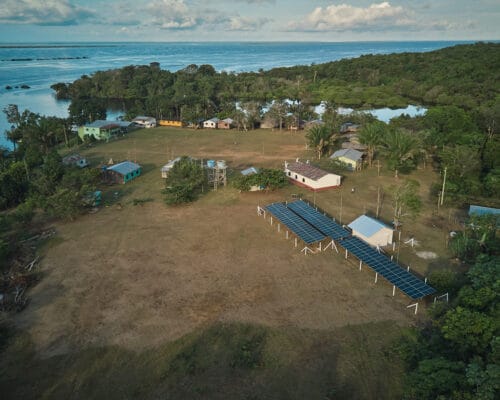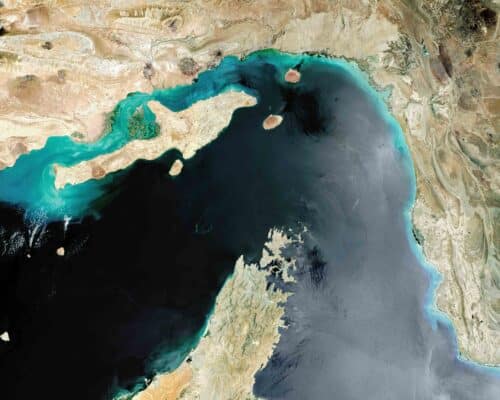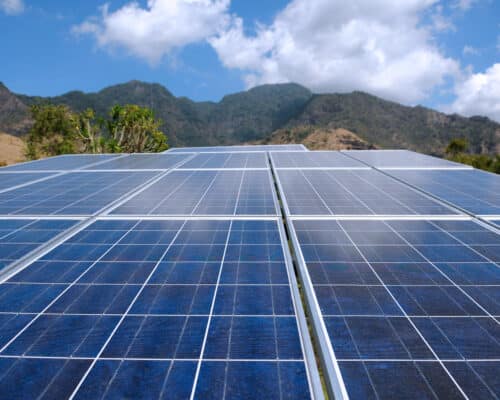Articles

When Emission Cuts Are Just Paperwork – The Cookstove Credits Backed by Korean Companies [Op-Ed]
Major Korean companies, including Samsung and SK Group, are backing carbon offset projects that significantly overstate their emission reductions—by an average factor of 18.3. This widespread over-crediting not only undermines global climate efforts but risks turning corporate ESG pledges into nothing more than greenwashing.
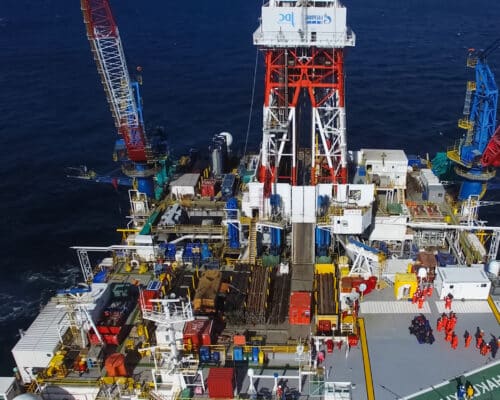
Southeast Asia Oil and Gas Extraction to Escalate, Decarbonisation Goals in Jeopardy
The Southeast Asia region faces a decade of final investment decisions for gas extraction projects, further complicating its decarbonisation goals. The silver lining, however, is that many of these projects have faced years of delay and need to be reassessed.
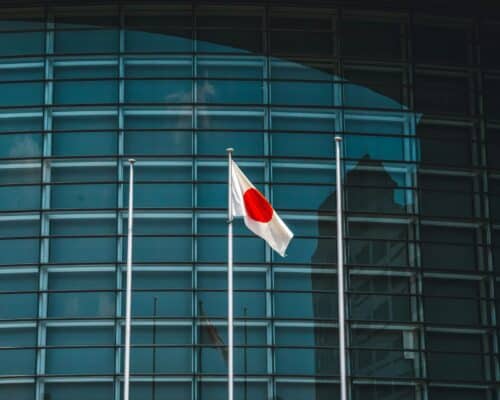
50 Years of G7: The Group’s Climate Leadership Hinges on Japan and Its Energy Policies
The processes taking place on the domestic stage in Japan, as well as its foreign energy policy, have a direct reflection on the image of the G7, which is supposed to lead the global energy transition and the efforts to minimise the impacts of climate change and protect the most vulnerable.
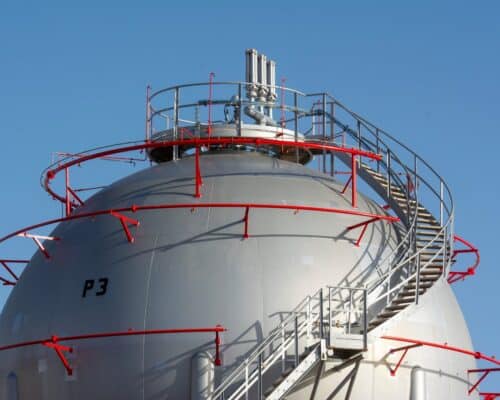
IEEJ Predicts Strong Natural Gas Demand; Experts Find it Unrealistic
The IEEJ’s forecasts significantly overestimate natural gas demand and underestimate renewable potential, driven by close ties to Japanese industry and fossil fuel interests. Its projections also rely on unrealistic assumptions about CCS and emissions reductions, contradicting scientific consensus on clean energy costs and feasibility.
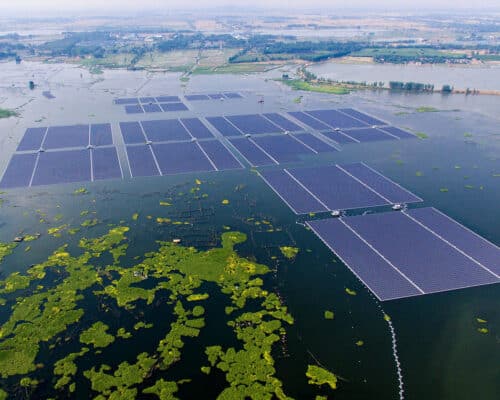
Solar Energy In Thailand: Policy Aspiration to Economic Engine
Solar energy is slated to be Thailand's largest renewable energy source in the coming years. It will be critical in driving the country's energy transition and achieving its decarbonisation goals. While growth has been steady, rapid deployment is needed over the next decade to make longer-term targets attainable.
What’s Next for Southeast Asia’s China-backed Solar Boom?
Despite Southeast Asia’s significant solar potential, regional barriers such as regulatory hurdles, entrenched fossil fuel interests, and supply chain limitations are slowing progress. Experts emphasise the need for market diversification and deeper involvement across the solar value chain to unlock long-term growth and competitiveness in the face of rising regional rivals.

Australia’s Federal Election 2025 and What It Means for Climate Change Agenda
Australian Prime Minister Anthony Albanese's victory on May 3 for a second three-year term paves the way for enhanced climate policies, yet challenges include excessive regulations, costly renewables and rural opposition to wind and solar projects.
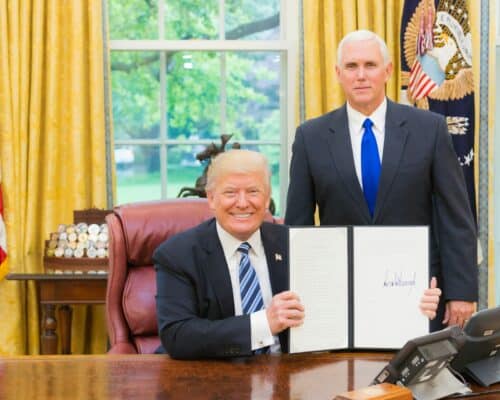
US Tariffs on Southeast Asia: What They Mean for Global Trade
From islands inhabited only by penguins to decades-long trade partners, over 90 jurisdictions were slapped with tariffs once President Trump got back at the helm of the US. While the move risks causing massive short-term instabilities, it can prove a blessing in disguise for Southeast Asia and its solar panel manufacturing industry.
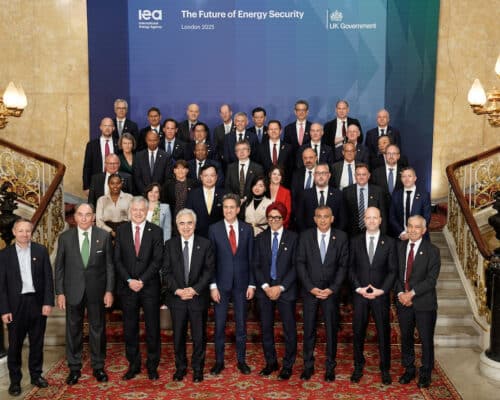
IEA’s Future of Energy Security Summit Ends With a Call For Cooperation, Less Fossil Fuels and More Renewables
The Energy Security Summit ended with a strong message - energy security is a question of national security, and climate change threatens both. Parties agreed that an effective response requires increased collaboration in reducing fossil fuel import reliance and scaling up renewables.
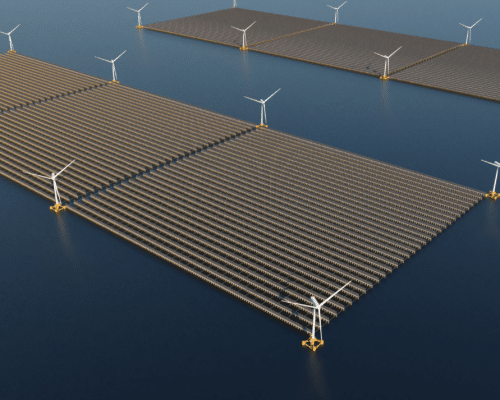
Is the U.S. Losing Its Cleantech Edge?
The Inflation Reduction Act (IRA) has significantly boosted clean energy manufacturing, job creation and emissions reductions in the US and Asia, fostering global leadership in cleantech innovation. However, threats from the current administration aiming to dismantle these incentives could slow progress, weaken international partnerships and hinder the region’s energy transition efforts. Continuing investments and regional collaborations are crucial to maintaining momentum in the face of potential setbacks.
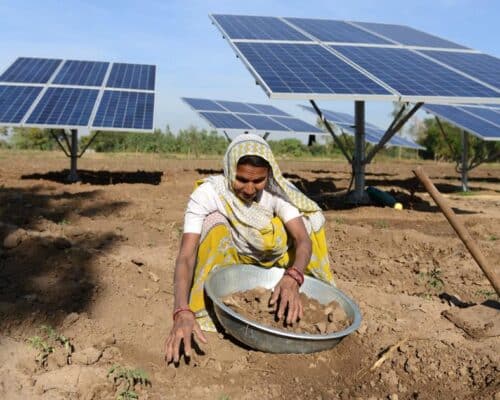
Solar Energy in India: From Potential to Power
India has the world's third-largest installed solar capacity and plans to reach 280 GW by 2030. This is supported by favourable government policies that capitalise on the country's geographic and economic position, making solar one of its most viable renewable energy sources. Meeting these goals is critical for the country's future economic, environmental and public health prosperity.

Australian Election 2025: What it Means for Climate Change and Energy
Considering Australia’s emissions intensity and its role as a primary fossil fuel exporter, few have as much power in the mission to tame the climate crisis as Australian voters. And the results on May 3 give hope that clean energy and the climate crisis will sit high on Australia’s agenda in the following years.

South Korea Election 2025: Key Climate Issues and What’s at Stake
South Korea lags behind other developed nations regarding the clean energy transition, while the dependence on fossil fuel imports erodes its economy's competitiveness. While the country has the resources, capabilities and ready-to-deploy solutions to change course, its path ultimately depends on political will.
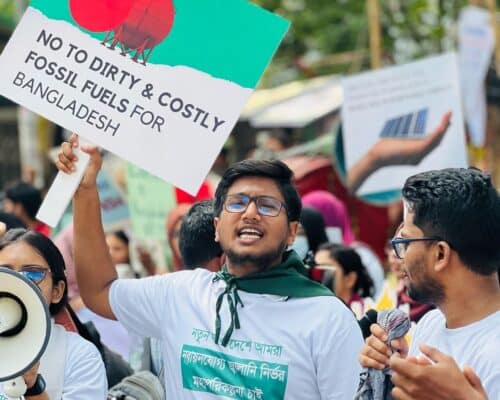
Bangladesh’s Predicament Deepens as Asia Braces for Expansion of Fossil Fuel Corporations
Bangladesh’s recent energy policies reveal a troubling shift toward expanding fossil fuel projects, including open-pit coal mining and LNG imports, despite ongoing issues with energy security and high costs. These developments, driven by political and international influences, threaten to deepen reliance on outdated fossil fuels while sidelining renewable energy efforts.
Most Popular
Most Popular
Categories
-
9
-
33
-
126
-
4
-
17
-
43
-
52
-
11
-
10
-
15
-
24
-
6
-
6
-
249
-
196
-
14
-
23
-
1
-
1
-
23
-
38
-
42
-
84
-
18
-
81
-
41
-
17
-
10
-
40
-
43
-
86
-
284
-
21
-
40
-
35
-
10
-
41
-
36
